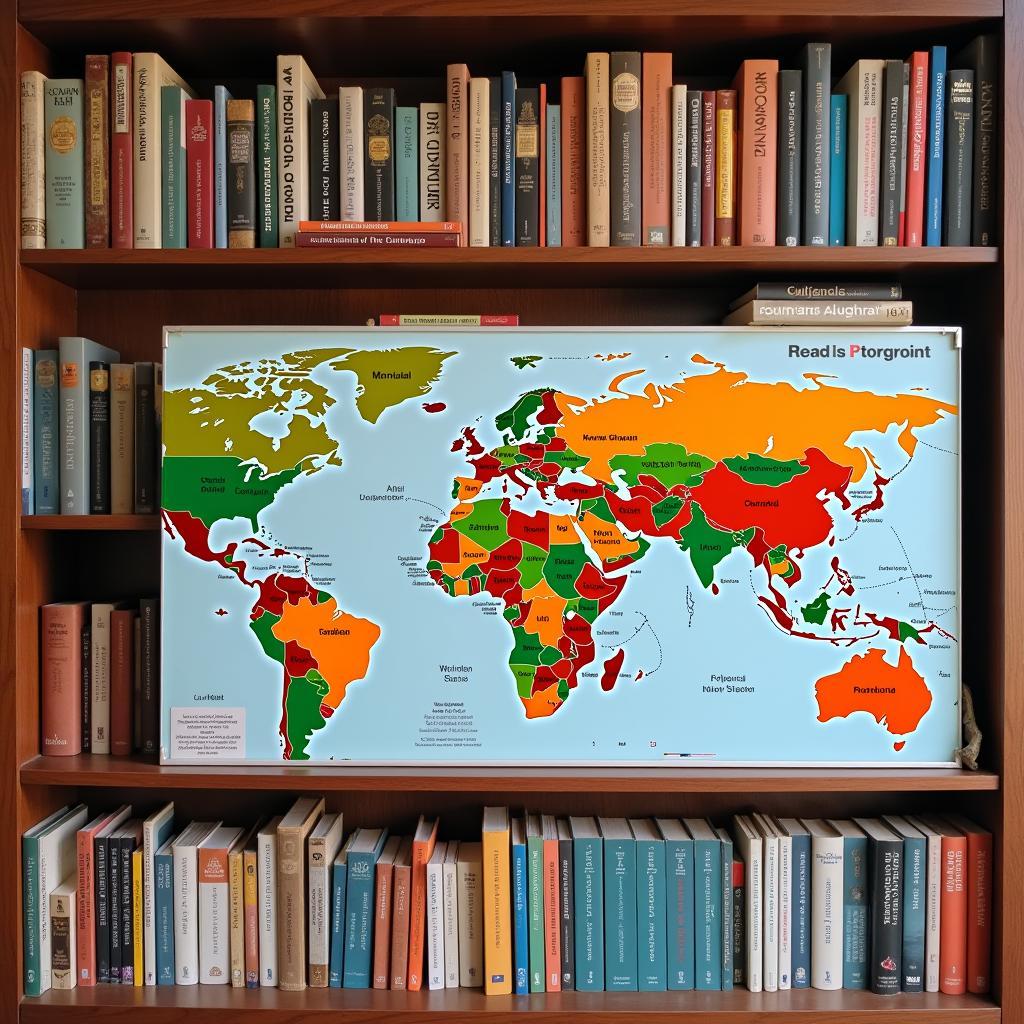Understanding the African Journal Impact Factor: A Comprehensive Guide
The impact factor of an academic journal is a critical metric for researchers, scholars, and institutions. It reflects the influence and importance of a journal within its field. For African researchers, understanding the impact factor of African journals is vital for career progression, grant applications, and the visibility of their work on a global stage.
This guide provides a comprehensive overview of the African Journal Impact Factor, including its definition, calculation, significance, and factors influencing its value. We’ll explore the importance of impact factors for African researchers, the challenges they face, and potential strategies for enhancing the visibility and impact of African journals.
What is the African Journal Impact Factor?
The impact factor (IF) is a numerical measure of the average number of citations received by articles published in a specific academic journal during a particular period, usually the preceding two years. It reflects the journal’s influence in the field and the frequency with which its published research is cited by other researchers.
How is the African Journal Impact Factor Calculated?
The most common method for calculating journal impact factors is provided by Clarivate Analytics, through its Journal Citation Reports (JCR). The JCR uses the following formula:
Impact Factor = (Number of citations received by articles published in a journal in the past two years) / (Number of articles published in that journal in the past two years)
Why is the African Journal Impact Factor Important?
The impact factor of an academic journal plays a crucial role in:
- Research Visibility: Journals with higher impact factors are more likely to be indexed in prominent databases and accessed by a wider audience of researchers.
- Scholarly Reputation: Publications in high-impact journals enhance the reputation of individual researchers and contribute to their career advancement.
- Grant Funding: Granting agencies often consider the impact factor of journals as a factor in evaluating research proposals.
- Journal Ranking: Impact factors are used to rank journals within their respective fields, which helps researchers identify the most influential publications in their area.
Challenges Facing African Journals and their Impact Factors
African journals face several challenges in achieving higher impact factors, including:
- Limited Funding: Funding for research and publication is often scarce in African countries, limiting the resources available for high-quality research and journal production.
- Lack of Infrastructure: Adequate infrastructure, such as reliable internet access and advanced research facilities, are essential for producing high-quality research.
- Limited Global Visibility: African journals often struggle to achieve international recognition, leading to a lower number of citations and, consequently, a lower impact factor.
- Citation Practices: There are concerns about the citation practices of African researchers, with some favoring international journals over their local counterparts.
Strategies for Enhancing the Impact of African Journals
Despite these challenges, several strategies can be implemented to improve the impact factor of African journals:
- Promoting Open Access: Making research freely accessible to a wider audience through open access publishing can increase citations and visibility.
- Collaboration with International Researchers: Encouraging collaborations between African and international researchers can enhance the quality of research and attract global citations.
- Developing a Strong Editorial Policy: Establishing clear and rigorous editorial policies that promote high-quality research and ethical publication practices can increase the journal’s credibility.
- Marketing and Outreach: Promoting the journal through targeted marketing campaigns and outreach activities can raise awareness and attract submissions from both local and international researchers.
- Investing in Training and Capacity Building: Supporting training programs for African researchers and editors on publishing ethics, research methods, and writing for publication can improve the quality of research submitted to African journals.
The Future of the African Journal Impact Factor
The impact factor of African journals is closely tied to the overall development of research and scholarship in Africa. Addressing the challenges mentioned above and implementing innovative strategies can significantly contribute to the growth and recognition of African journals.
A focus on promoting high-quality research, fostering collaborations, and ensuring ethical practices will play a critical role in enhancing the impact and influence of African journals in the future.
Frequently Asked Questions
- What is the average impact factor for African journals? The average impact factor for African journals varies across disciplines. It’s important to note that impact factors are not a perfect measure of quality, and journals with lower impact factors can still publish high-quality research.
- How can I find the impact factor of a specific African journal? You can use online resources such as Clarivate Analytics’ Journal Citation Reports (JCR) or Scopus to access journal impact factors.
- What is the impact factor of a specific African journal? Please refer to the JCR website for the latest impact factors of specific journals.
- Are there other metrics for evaluating journal quality besides the impact factor? Yes, other metrics can be used to assess journal quality, such as the h-index, the Eigenfactor score, and the SCImago Journal Rank (SJR).
- Should I always choose to publish in a journal with a high impact factor? While high-impact journals can offer increased visibility and prestige, choosing the right journal depends on your research field, target audience, and the journal’s editorial policies.
Conclusion
Understanding the African journal impact factor is essential for researchers working in Africa. It reflects the journal’s influence in the field and is a crucial factor in research visibility, scholarly reputation, grant funding, and journal ranking. While challenges exist, African journals can enhance their impact by promoting open access, collaborating with international researchers, developing strong editorial policies, and investing in training and capacity building.
By addressing these challenges and implementing innovative strategies, African journals can contribute to the growth and recognition of research in Africa.


